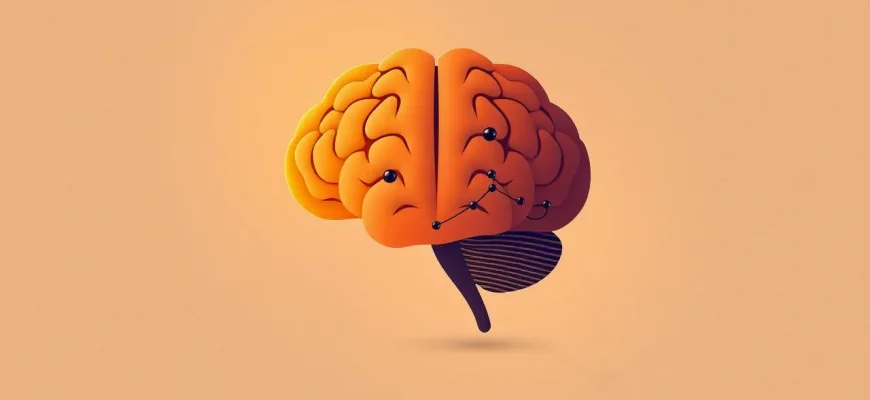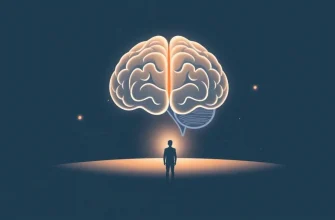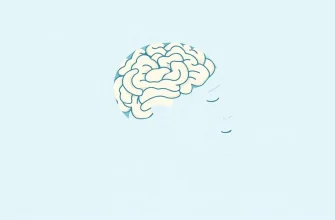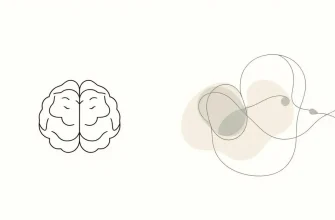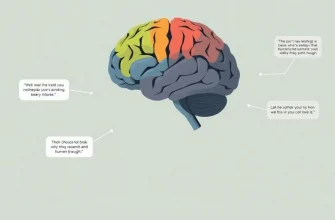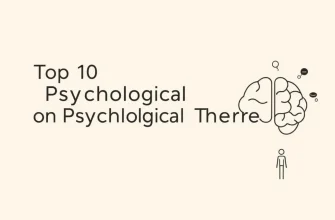Embark on a fascinating journey into the depths of the human psyche with this curated list of documentaries. Each film delves into different aspects of psychological phenomena, from the effects of isolation to the intricacies of memory and perception. Whether you're a psychology enthusiast or simply curious about what makes us tick, these documentaries provide not only educational value but also a captivating narrative that sheds light on the complexities of the human mind.

The Stanford Prison Experiment (2015)
Description: This film recreates the infamous 1971 experiment where college students played the roles of prisoners and guards, demonstrating how quickly power dynamics can corrupt and dehumanize. It's a stark reminder of the psychological impact of authority and obedience.
Fact: The film was shot in the same building where the original experiment took place. The actors underwent psychological screenings to ensure they could handle the intensity of their roles.
 Watch Now
Watch Now 
The Imposter (2012)
Description: This film tells the story of Frédéric Bourdin, a French con artist who impersonated a missing American boy. It explores themes of identity, deception, and the psychological need to believe in a happy ending.
Fact: The film uses reenactments and interviews to blur the lines between reality and fabrication, mirroring the theme of the story.
 Watch Now
Watch Now 
Room 237 (2012)
Description: This documentary explores the hidden meanings and conspiracy theories behind Stanley Kubrick's "The Shining." It delves into psychological interpretations of the film, revealing how viewers' perceptions can be shaped by their own psychological frameworks.
Fact: The film features no interviews with Kubrick or his collaborators, instead relying solely on the interpretations of various film theorists.
 Watch Now
Watch Now 
The Act of Killing (2012)
Description: This documentary examines the psychological aftermath of the Indonesian mass killings in the 1960s, where the perpetrators are asked to recreate their crimes in the form of movie scenes. It's a chilling look at how memory, guilt, and denial intertwine.
Fact: The film won the BAFTA for Best Documentary and was nominated for an Academy Award.
 Watch Now
Watch Now 
The Wolfpack (2015)
Description: This documentary follows the Angulo brothers, who were locked away in their New York apartment by their father, exploring how they coped with isolation through movies, and the psychological effects of their upbringing.
Fact: The film won the U.S. Documentary Grand Jury Prize at Sundance Film Festival.
 Watch Now
Watch Now 
The Brain with David Eagleman (2015)
Description: Neuroscientist David Eagleman explores how our brains shape our reality, covering topics like decision making, emotions, and the plasticity of the brain, making it a comprehensive study of psychological phenomena.
Fact: Eagleman uses a mix of animation, real-life stories, and scientific experiments to illustrate his points.
 Watch Now
Watch Now 
The Power of Nightmares (2004)
Description: Adam Curtis's documentary series investigates how politicians have used our fears to gain power, focusing on the rise of Islamic fundamentalism and neoconservatism, and how these ideologies manipulate psychological fears.
Fact: The series has been both praised for its analysis and criticized for its controversial views on terrorism.
 30 Days Free
30 Days Free 
Capturing the Friedmans (2003)
Description: This documentary delves into the life of the Friedman family, where a father and son were accused of child molestation. It examines the psychological toll of public scrutiny, family dynamics, and the reliability of memory.
Fact: The film won the Grand Jury Prize at Sundance Film Festival and was nominated for an Academy Award.
 30 Days Free
30 Days Free 
The Century of the Self (2002)
Description: This four-part series by Adam Curtis explores how Freud's theories on the unconscious influenced the development of public relations and consumerism, shaping modern society's psychological landscape.
Fact: The series was broadcast on BBC Four and has been praised for its insightful analysis of the manipulation of public opinion.
 30 Days Free
30 Days Free 
The Mind Explained (2019)
Description: This Netflix series provides an accessible look into various psychological phenomena, from memory to dreams, offering a broad understanding of how our minds work and why we behave the way we do.
Fact: Each episode is narrated by Emma Stone, adding a familiar voice to the exploration of complex topics.
 30 Days Free
30 Days Free 
